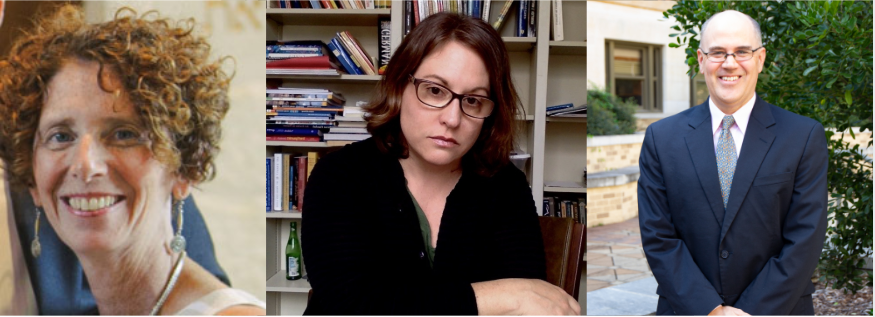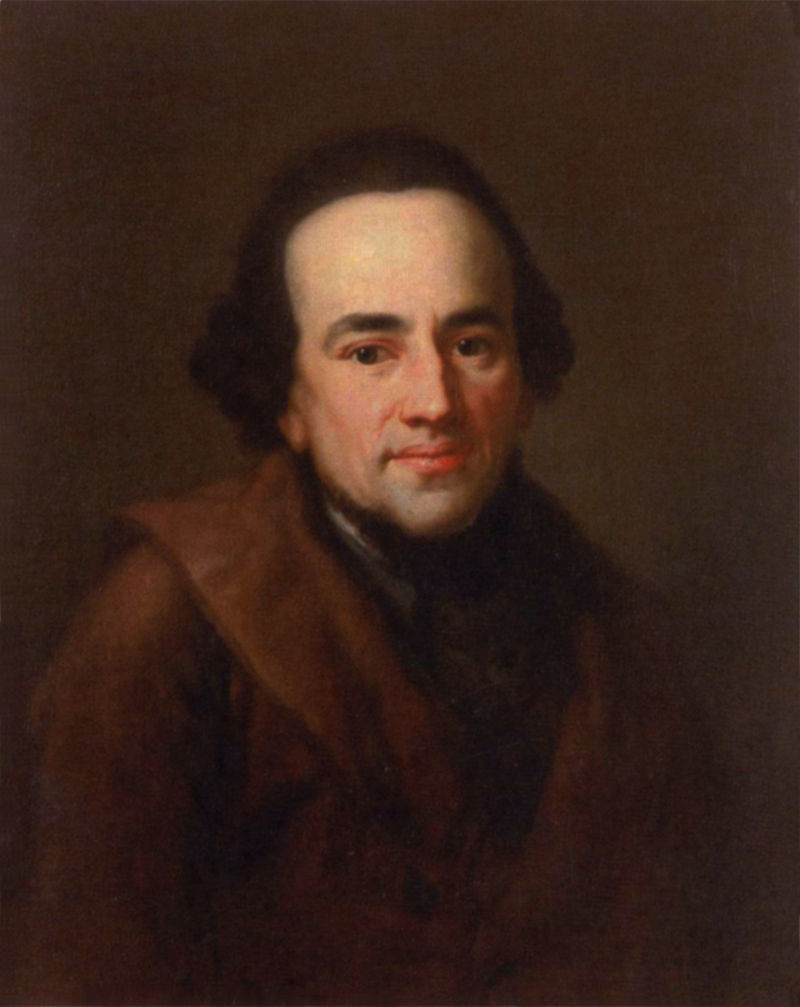A New Year in October: The hope of Jewish studies
Do you hear the shofar blast? From sundown September 29 to sundown October 1 marks the Jewish New Year, Rosh Hashanah. To celebrate these good tidings, the College of Liberal Arts sat down with three professors whose teaching focuses on the ever-expanding Jewish studies.

By Hannah LeGare ‘19
In the foreground of Rosh Hashanah, you can hear a shofar, or ram’s horn, play its sound. Rosh Hashanah is the Jewish New Year, inaugurating the Jewish High Holy Days — a time of personal reflection, prayer, and hope. In this spirit of hopefulness, the College of Liberal Arts sat down with three professors, Claire Katz, Ashley Passmore, and Adam Seipp, to reflect on Texas A&M University’s growing Jewish studies courses.
There are differing opinions of what Jewish studies is and isn’t, as well as common misconceptions about the field. We gained a colorful array of answers to our questions and what the significance of a program in Jewish studies might signify at Texas A&M.
What is Jewish studies?

From left to right: Claire Katz, Ashley Passmore, and Adam Seipp
Ashley Passmore, an assistant professor of International Studies, starts her Jewish studies courses with the question: “What is a Jew?” To take it a step further, she asks her students to think: is that a people, a religion, an ethnicity, or a race?
For Passmore, the answer is “Yes” — all of the above.
The culture, history, and identity of a Jew is complicated, which is why a Jewish studies program is important for students. It clears up misconceptions and assumptions and replaces it with thoughtful, inquiring study.
Adam Seipp, a professor of history, stated “Jewish studies is the history, beliefs, and cultures of Jews and Judaism across 3,000 years. It brings in people across this university and academic disciplines.”
In order to consider Passmore’s original question of “What is a Jew?”, Seipp said we have to go back in time and survey all academic disciplines. Jewish studies is not meant to be limited to departments of history, philosophy, or international studies. It is interdisciplinary and wide-sweeping across multiple areas of study.
In many ways, Jewish studies tell the stories of hundreds of generations, national origins, and people groups. The Jewish people are all across the globe, which must be taken into consideration. In these courses, students interact and engage with Jewish thought, history, philosophy, and literature. Seipp’s end result is for students to think critically and be global citizens.
Enlighen me: Why Jewish studies?

A drawing of 18th-century Jewish philosopher, Moses Mendelssohn, by Anton Graff. Photo: Wiki Commons.
If you asked the average philosophy student about Immanuel Kant, an 18th-century German philosopher, they could give you a basic framework of his main ideas. But if you asked them about the 18th-century scholar, Moses Mendelssohn, a Jewish philosopher, you might be given a blank stare.
Kant and Mendelssohn were contemporaries. They both wrote on the famous question: “What is Enlightenment?” and their works were highly regarded by the academic community. However, Kant believed that Mendelssohn’s essay on this topic was far superior to his own. Kant would go on to say that if he had known about Mendelssohn’s essay, he most likely wouldn’t have published his own. So why do students not learn about Mendelssohn?
A professor in the Department of Philosophy, Claire Katz, stated that her students are often frustrated they don’t get to read about Jewish philosophers unless they take Jewish studies classes. They realize they could have graduated without any knowledge of these thinkers. “When my students read Mendelssohn’s piece, they are blown away by it,” Katz said. “They read it and they can see the way in which Mendelssohn’s approach to the question is completely different from Kant’s approach.”
“There is a distinctly Jewish way of approaching the same book, question, or thought,” Katz said.
The distinctive difference is found in how a Jew views a religious text or literature. According to Katz, a Jewish interpretation of a text is meant to be both communal and dissected with reflection. She shows her students midrash, an interpretive reading of texts intended to connect multi-layered analysis to contemporary problems, just like a rabbi or Jewish scholar would do.
Passmore agrees with Katz’s assertion. For Passmore, these differences promote why Jewish studies is so vital. In its unique history, culture, and values, it helps students understand how transferable these skills are. For example, many disciplines can utilize an interpretive reading of a text; or can recognize how the history of the Jewish diaspora answers questions of global or domestic immigration; or can observe how a feeling of belonging can be explained by Jewish thought and subjectivity.
The skills and knowledge gained in a Jewish studies course are valuable and relevant to all learners.
What is the impact of Jewish studies on campus?
Texas A&M’s core values include selfless service and leadership — values that can be found especially in the Corps of Cadets. The earliest Jewish Aggies went to Texas A&M because they wanted to be in the military, thus were a part of the Corps. Today there is a Jewish chaplain in the Corps and an annual event to unite Jewish Reserve Officer Training Corps (ROTC) students from across the nation called the Jewish Warrior Weekend. These are just two ways the Jewish population, though small in size, is large in connection and community on campus.
Jewish studies fit perfectly within the College of Liberal Arts. “We have multiple scholars, in multiple disciplines across the College of Liberal Arts and Texas A&M, who can articulate thoughts and ideas about global and domestic issues and how they fit into Jewish studies,” said Seipp. “We can bring these approaches together in a single program for the benefit of our students.”
With departments such as Philosophy, History, and International Studies in the College of Liberal Arts, students can learn unique stories on the wonders of Jewish thought and identity. Students with a liberal arts degree engage with the cultural background of the program and synthesize it with gained critical thinking skills.
The sound of the shofar tapers out slowly; the arrival of the new year has come for our Jewish Aggies. They will feast together and eat apples dipped in honey, symbolizing the hope for a sweet new year. As they look for hope to come, may we hope for Jewish studies to continue to edify and enlighten students at Texas A&M for years to come.
You can learn more about the Jewish studies initiative here.
